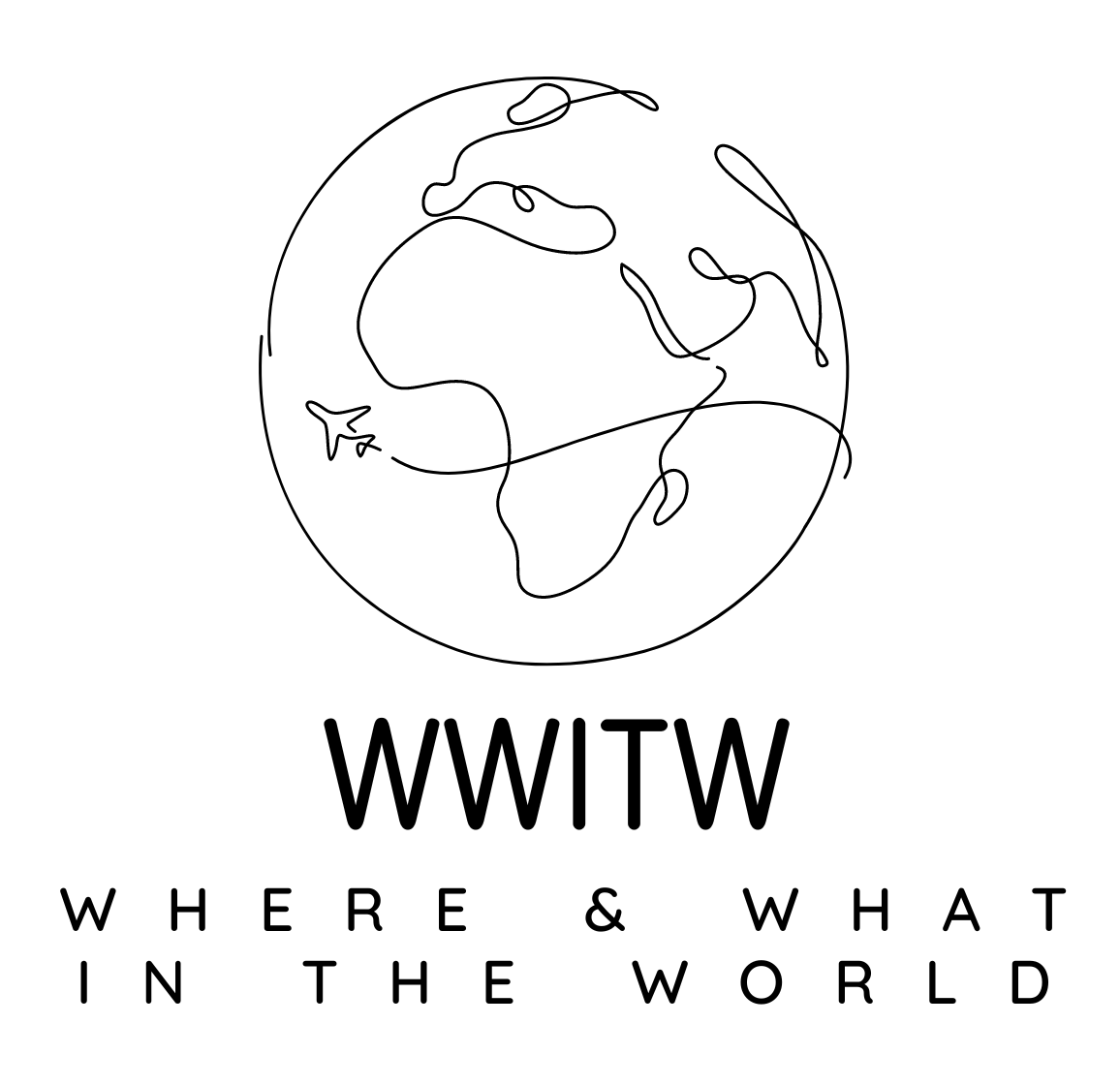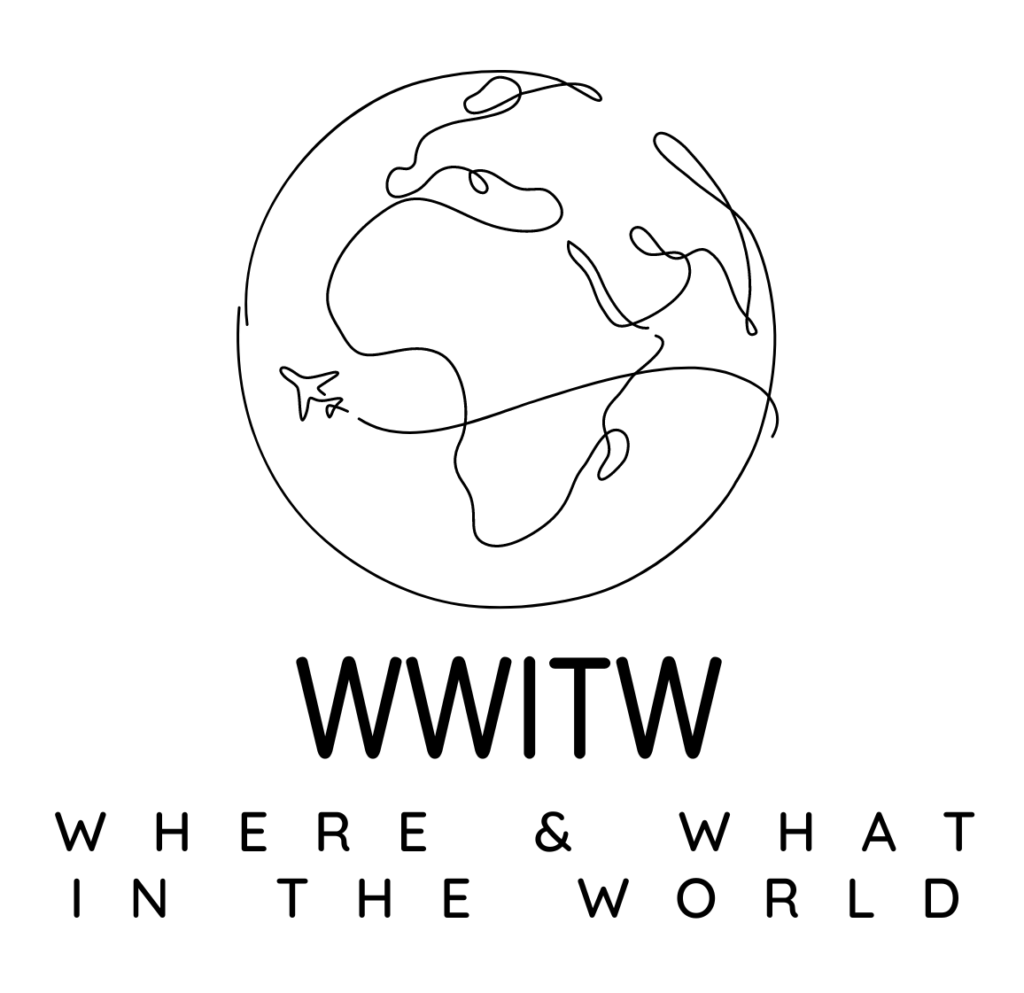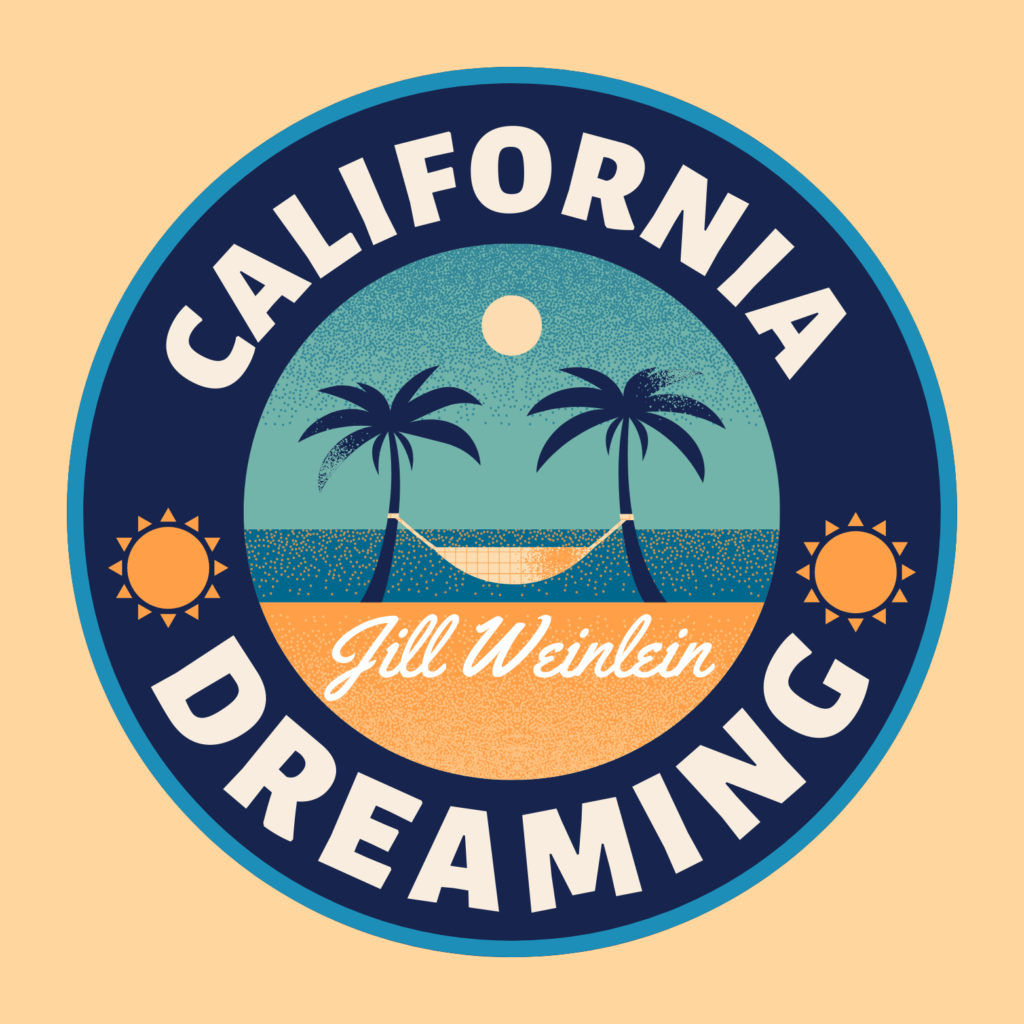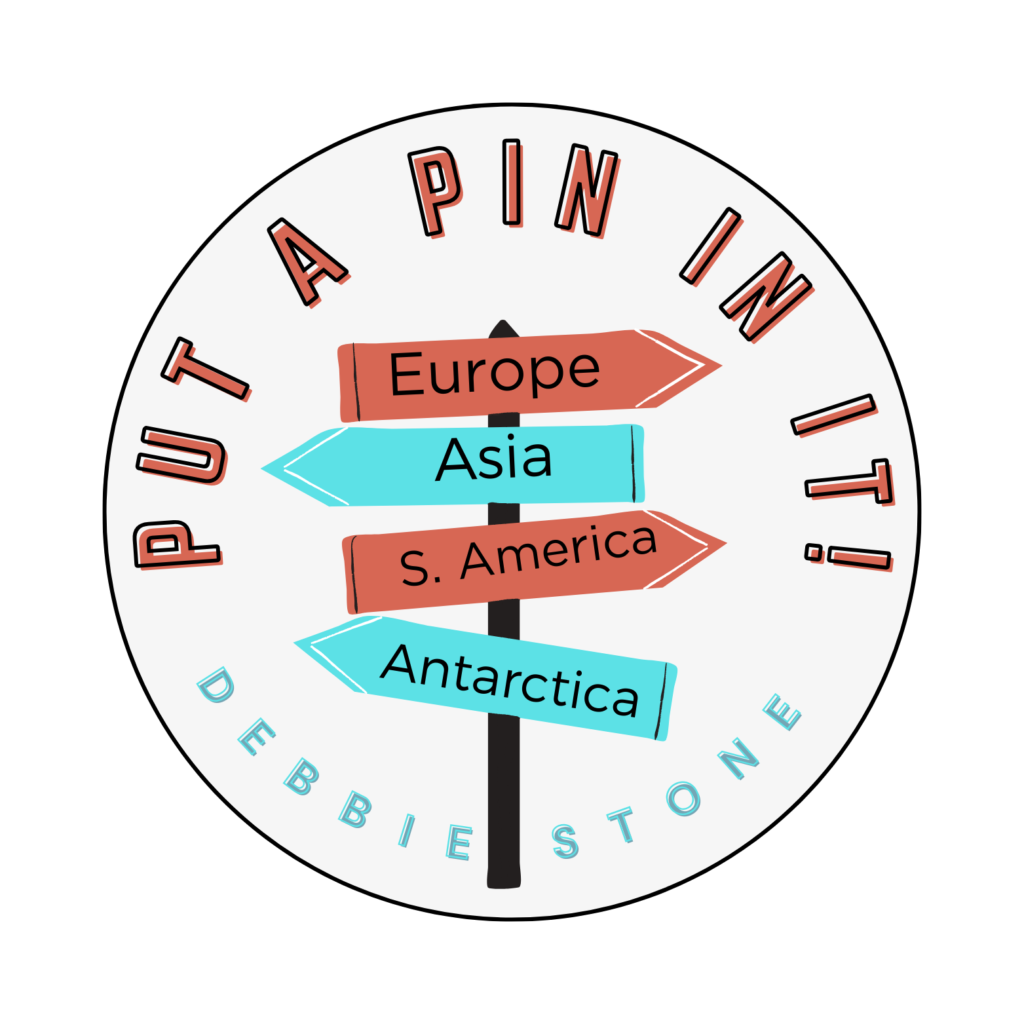By: Stephen Bitsoli
Bare-Bone or Luxury Rehabs
Medical tourism – traveling to another country for medical services, primarily surgeries – is big business. It used to be popular in less-developed nations, whose citizens would come to the United States or another, usually western, nation for treatments or surgeries not yet available at home. Now it’s more popular among citizens of more-developed nations where there is a long wait for treatment, or where treatments are more expensive, or just aren’t available or legal.

Ibogaine is a component of this shredded tabernanthe iboga bark. Author: Kgjerstad https://commons.wikimedia.org/wiki/File:Tabernanthe_iboga_bark_powder.jpg
Ibogaine falls into the third category. Derived from certain African plants, ibogaine is a naturally occurring psychoactive, psychedelic, or hallucinogenic drug sometimes used in religious ceremonies. Although there has been research attesting to its effectiveness as a treatment – some say cure – for drug addiction, it hasn’t received the large-scale, controlled scientific studies necessary for government approval. So in the U.S., ibogaine is a Schedule I drug, which means it has no safe or medically approved uses.
But ibogaine’s not pure hokum like laetrile (a supposed cancer treatment derived from apricot kernels) or psychic surgery. It has enough proof and support to keep clinics open – both luxury rehabs and more ascetic settings – not only in Mexico and Latin America, but also Canada, Norway, and the Netherlands.
If you’re planning an ibogaine trip of the geographic kind, here are some things to consider:
-
It does work, at least anecdotally. When heroin (and other drugs) addict Howard Lotsof first tried ibogaine, he wasn’t looking for a cure and probably didn’t want a cure. He just wanted to try a new hallucinogen. But when he came down from a 36-hour high, he no longer craved heroin and had no withdrawal symptoms. He didn’t even want to take ibogaine again. Five of seven friends, also heroin addicts, had the same experience. Lotsof tried to bring the ibogaine cure mainstream until the day he died.
-
The reasons it is prohibited in the U.S. seem to be as much politics as health concerns. Ibogaine causes hallucinations, long ones, approximately 36 hours in length. They don’t seem to be avoidable, at least not yet, and arguably that’s part of the reason the government won’t fund the necessary research: hallucinations=bad. Non-hallucinatory variants are under development, but probably still years away from release.
-
The hallucinations might be good for you. Some find them therapeutic and a necessary part of the “cure,” and better than psychotherapy. Ibogaine is used in Bwiti religious ceremonies in Gabon (the area of Africa where it originates), and even non-Bwiti describe the trip as a religious experience.
-
There are some legitimate health concerns. Even in limited trials, some people have died while under the influence of ibogaine. All or almost all seem to fall into two groups however: people who had pre-existing cardiovascular problems, and people who took the ibogaine in conjunction with the drug to which they were addicted. Ideally you should be clean when you take ibogaine, and otherwise in good health.
-
So seek ibogaine treatment in a proper medical facility with doctors and equipment, not all alone in the desert. Every drug that can help you heal can also kill you, including penicillin. That’s one reason penicillin isn’t sold over-the-counter. But it’s not a Schedule I drug either.
-
And opioid addiction also can kill you. It killed Philip Seymour Hoffman, it killed Prince, it killed Michael Jackson. OxyContin and heroin addicts are dropping dead because of accidental overdoses or because, unknowingly, they took the far stronger drugs fentanyl or carfentanil instead.
-
Despite the many claims of instant cures, your experience might be different. Many who have studied ibogaine’s affects say it only gives your addiction a pause, a reset. You still have to deal with the underlying causes of your addiction, whether they include chronic pain or emotional problems. The 36-hour hallucinations might help with these, but don’t count on it.
-
Don’t waste your money. Unless you have a lot of money and don’t mind spending it, you don’t need to take ibogaine in luxury rehabs – lush accommodations, beautiful scenery – while you’re going through withdrawal and hallucinations. Medical equipment and trained staff – including psychiatric professionals – is far more important.
Ibogaine treatment, even if it works as advertised, isn’t for everyone. Neither is any addiction treatment, whether bare bones or luxury rehabs, traditional or alternative medicine, cold turkey, or medication-assisted treatment. Your journey and your road to recovery are your own, but you don’t have to go it alone.

Stephen J Bitsoli
Author Bio: Stephen Bitsoli writes about addiction and related topics. A journalist for more than 20 years, and a lifelong avid reader, Stephen loves learning and sharing what he’s learned. Email: sjbitsoli@comcast.net
If you would like to submit a guest post on food, wine or travel to Where and What in the World, I would be happy to feature your travel experience , drink, special wine tasting, or family or simply delicious recipe. If you go to submission tab, you will see how to submit, as well as have the opportunity of telling me if you would like to would like to be a regular contributor. When uploading a file for submission, you are also able to upload jpegs. Please feel free to put a last paragraph about you and a link to your profile. No html please. You can also include a head shot.














